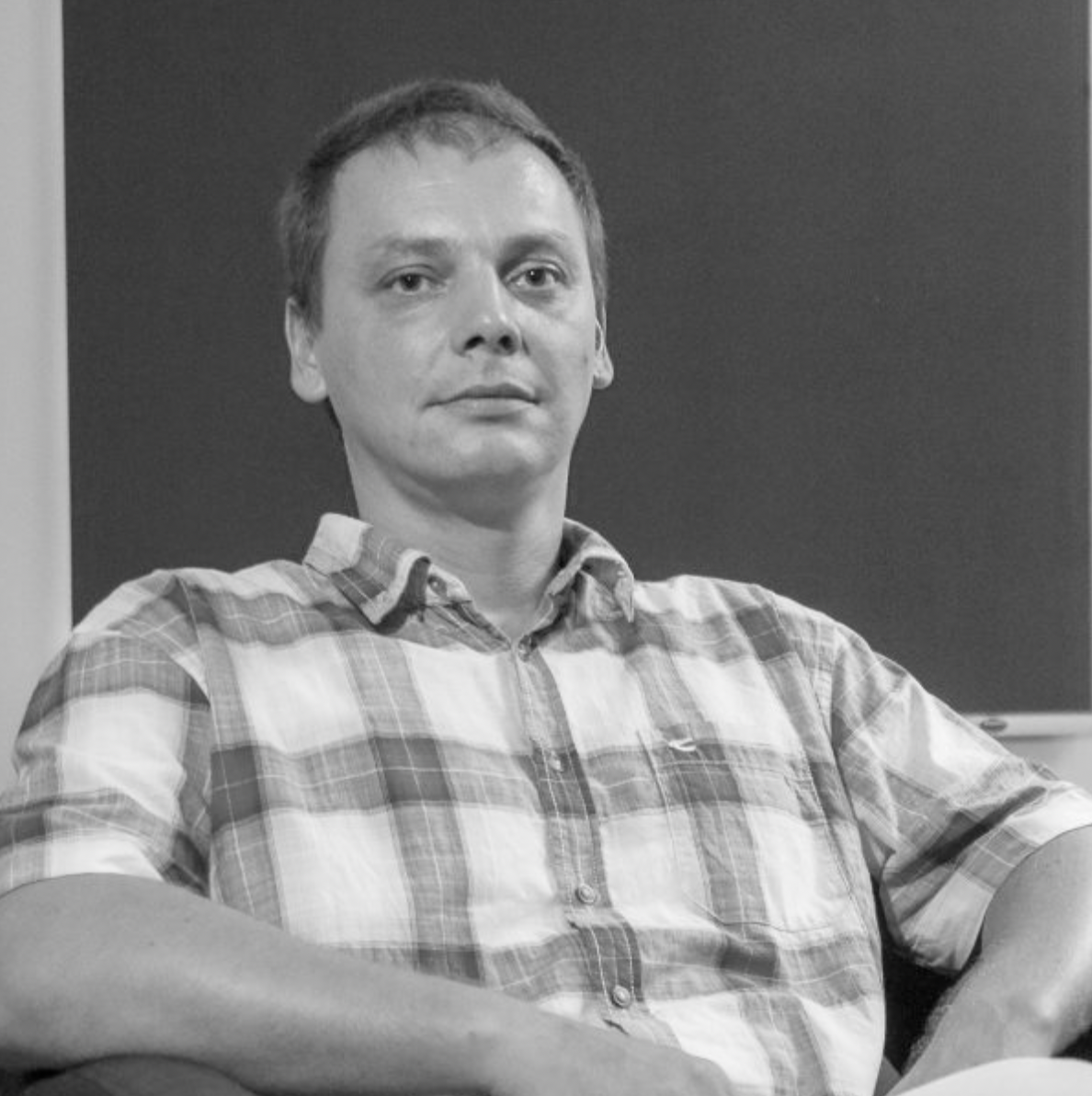Intervenant·es

Solveig FERNAGU
Directrice de recherche CESI LINEACT, France
HDR U-Bourgogne Franche Comté | Ph.D. U-Lyon 2
#environnements_capacitants
#pédagogie_universitaire
Numérique et mise en capacité : conditions d’une transformation effective
Aujourd’hui, de nombreuses recherches convergent : l’omniprésence du numérique dans les environnements d’apprentissage ne suffit pas à améliorer les processus ou les résultats des apprentissages, ni à renforcer le pouvoir d’agir des apprenant·es.
En s’appuyant sur le cadre théorique des capabilités, la communication invitera à déplacer le regard : au lieu de présupposer que les technologies éducatives sont bénéfiques par nature, il s’agit d’examiner les conditions concrètes — pédagogiques, techniques, organisationnelles — qui permettent au numérique pour apprendre de devenir réellement capacitant.
Cette perspective conduit à analyser ce qui, dans la conception des outils, dans les formes d’accompagnement ou dans l’organisation des espaces d’apprentissage, rend le numérique appropriable, porteur de sens et générateur de possibilités effectives pour les apprenant·es.
À partir d’exemples situés, nous verrons comment le numérique peut autant élargir qu’entraver les possibles, selon la manière dont les technologies sont pensées et intégrées dans les dispositifs de formation ; et comment elles peuvent soutenir les capabilités… ou au contraire produire des effets incapacitants, voire décapacitants.

Jessica PIDOUX
Chercheuse postdoctorale, Université de Neuchâtel et Directrice de PersonalData.IO
Ph.D. EPFL
#sociologie_du_numérique
#approche_participative
Empouvoirement avec le numérique : qui en bénéficie réellement ?
Si les asymétries de pouvoir et d'information entre plateformes numériques et grand public font l'objet d'une attention croissante, elles demeurent insuffisamment documentées dans les domaines de la recherche et de l'éducation à l'ère où les technologies émergentes, notamment les modèles de langage de grande taille (LLMs), bouleversent les pratiques d'écriture et la pensée tant dans les sphères quotidiennes que professionnelles. Désormais, les algorithmes d'intelligence artificielle, les données personnelles et la vie privée constituent des éléments centraux pour comprendre et achever l'empouvoirement des acteurs sociaux, la liberté académique et l'enseignement critique. Cette communication propose d'examiner trois iniquités structurelles qui entravent la conversion des ressources numériques en empouvoirement : les limites d'apprentissage inhérentes aux systèmes technologiques, le déséquilibre dans l'accumulation et l'exploitation des données, ainsi que les modalités de financement de l'innovation.

Petar JANDRIĆ
Prof. Zagreb U of Applied Sciences, Croatia & Visiting Professor at U-Bath Spa, UK
Ph.D. U-Zagreb
#critical_pedagogy
#postdigital
Using and Being: The Curious Dance of Technology-Induced Loss and Gain of Human Capabilities
Since the beginning of history, people have worried that technological development would impede human abilities. A common example is Socrates’ belief that reading and writing as ‘external memory’ would weaken human abilities to remember and think. Twentieth-century cybernetics has popularized transhumanist beliefs that technological development will lead to the enhancement of human capabilities. However, those positive predictions differ in size, scope, and timing of anticipated transformations.
As digital technologies have matured, early twenty-first century witnesses a transfer of this debate from theory to practice: we now have experimental evidence that technologies simultaneously develop some human capabilities and impede others. Together with the dominating discourse of technological determinism and instrumentalism, this has created some resistance to the trend of widespread digitization. Based on a recent event in Stockholm, this resistance is now studied under the name of postdigital backlash.
The keynote Using and Being: The Curious Dance of Technology-Induced Loss and Gain of Human Capabilities will introduce postdigital thinking about the dynamic of loss and gain of human capabilities in the process of digitization. It will outline a brief overview of current state of the art in the field. Firmly situated beyond dichotomies (pro and contra technology), technological determinism and instrumentalism, the talk will debunk some common myths and offer theoretical guidance for handling the dynamic of technology-induced loss and gain of human capabilities.
